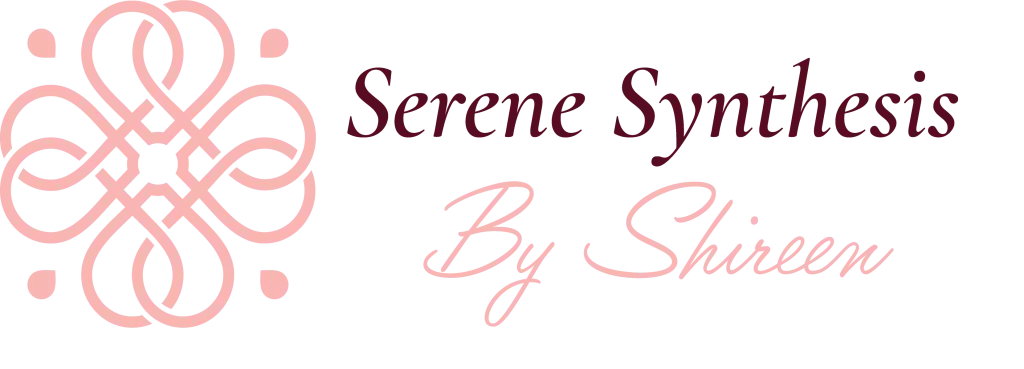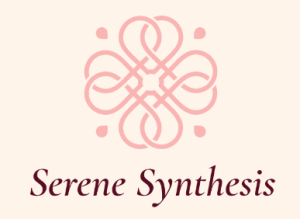Why mastering ego is central to emotional intelligence, leadership, and soft skills training in today’s workplace.
The Subtle Ego Trap
Most professionals believe they have strong self-esteem.
But what they often carry instead – is ego wrapped in self-respect.
It sounds like:
“I know my worth. I won’t tolerate nonsense.”
“I’ve already tried that. It doesn’t work.”
“I’m not the problem – they just don’t get me.”
On the surface, this looks like confidence.
But beneath it lies the quiet defense mechanism that keeps us from listening, adapting, or connecting – the very qualities soft skills training aims to build.
Ego isn’t always loud or arrogant.
Sometimes, it’s polite, polished, and well-justified.
It shows up in meetings as over-explaining, in emails as defensiveness, or in performance reviews as resistance to feedback.
And while it protects our identity, it often blocks our growth.
The Difference Between Confidence and Ego
In leadership and communication coaching sessions, one pattern consistently appears -people don’t lack skill, they lack emotional permission to grow.
That permission comes from managing ego.
Here’s the distinction:
Unhealthy ego says:
“If I’m wrong, I lose value.”
You shrink under correction and take feedback as a threat.
Healthy ego says:
“I can learn and still be respected.”
You hold your ground, yet stay open to evolve.
When ego is balanced, self-respect becomes a strength – not a shield.
The 3P Framework: Pride, Pain, and Power
At Serene Synthesis, we often explore a simple but transformative idea in our soft skills coaching and emotional intelligence training:
to understand your reactions, look through the lens of Pride, Pain, and Power.
1. Pride: The Armor
Pride protects our sense of worth. It’s the voice that says “I know who I am.”
But unchecked pride can turn defensive – resisting ideas or feedback that challenge our self-image.
Recognizing pride helps you see where confidence ends and control begins.
2. Pain: The Trigger
Most ego-driven reactions stem from old emotional pain -moments of feeling dismissed, unseen, or disrespected.
In workplaces, that pain gets camouflaged under “professionalism.”
But when a colleague’s comment stings more than it should, it’s often touching an unhealed nerve, not an objective truth.
Awareness here is the turning point from reactivity to emotional intelligence.
3. Power: The Integration
When you acknowledge your pride and trace it back to pain, you reclaim your power.
Power, in this sense, is quiet – it’s not dominance, but emotional clarity.
It’s the ability to stay centered even when ego wants to defend.
This is where true leadership presence begins – and where soft skills training shifts from technique to transformation.
Why Soft Skills Coaching Matters
In corporate environments, performance is rarely limited by knowledge or technical ability.
It’s limited by ego-driven patterns – the inability to listen, empathize, collaborate, or communicate without emotional armor.
That’s why soft skills coaching in the UAE has become less about “how to speak” and more about how to show up.
How to handle feedback, how to manage emotions under stress, and how to communicate with confidence – without losing humility.
Emotional intelligence isn’t a personality trait. It’s a trainable skill – one that begins when we stop treating ego as an enemy and start understanding it as information.
From Self-Protection to Self-Mastery
Ego is not the problem.
The way we manage it is.
When leaders, sales teams, or professionals learn to decode their Pride, Pain, and Power, communication shifts from defensive to collaborative. And workplaces evolve – from performance under pressure, to performance with presence.
Measurable Workplace Outcomes:
- Unmanaged ego increases team friction, slows decision-making, and reduces engagement – soft skills training directly addresses these gaps.
- Employees who practice emotional regulation show higher collaboration, trust, and productivity, measurable in team KPIs and feedback scores.
According to the Center for Creative Leadership, poor interpersonal relationships are a leading cause of leadership derailment. Leaders who struggle with interpersonal relationships often face challenges such as undermined confidence and organizational dismissal. These issues are frequently linked to ego-driven behaviors, highlighting the significant impact of unmanaged ego on leadership effectiveness.
At Serene Synthesis, our soft skills coaching and training programs help professionals build self-awareness, empathy, and emotional regulation – the foundational elements of trust-based leadership and effective communication.
Through experiential workshops, reflection-based dialogue, and practical workplace scenarios, participants learn how to turn ego into emotional strength.
Because real confidence doesn’t come from being right. It comes from being real.


